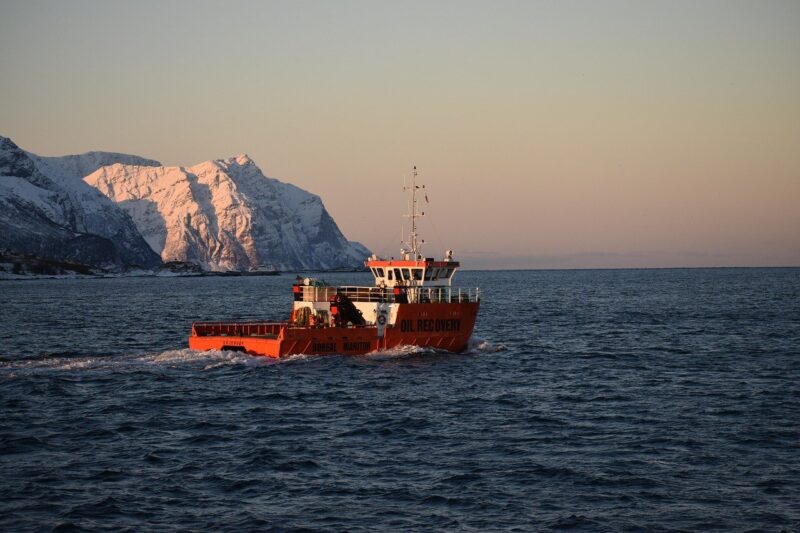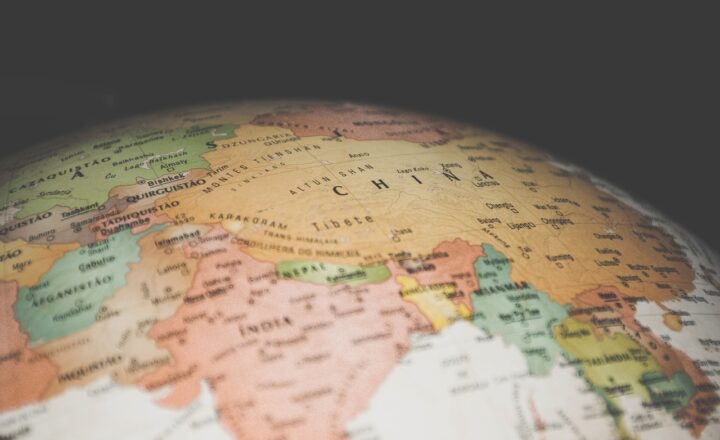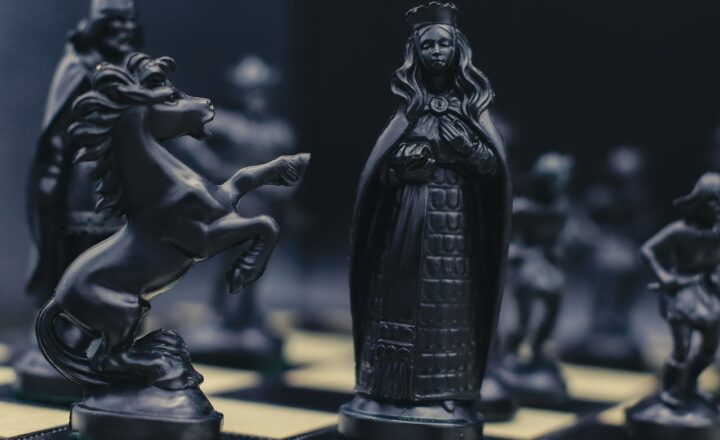
The sea has always been a fundamental part of human existence, serving as a source of nourishment, a route for trade and exploration, and a realm of mystery and mythology. Ancient civilizations displayed a profound fascination with the sea, imbuing it with spiritual significance and considering it a powerful force that shaped their cultures. This article explores how various ancient societies perceived the sea and its enigmatic aspects, culminating in a tapestry of beliefs, stories, and practical knowledge.
1. The Sea as a Source of Life
Long before the invention of modern agriculture, the ocean was one of the principal sources of sustenance for ancient peoples. Fishing, foraging for shellfish, and gathering seaweed were vital activities that provided not just food but also opportunity for social interaction and exchange.
For instance, the inhabitants of the Pacific Islands, including the Polynesians, had a deep understanding of the marine environment. They developed advanced fishing techniques and navigational skills that allowed them to traverse vast ocean distances, reaching new lands and ensuring their communities’ survival. Their respect for the sea was reflected in their cultural practices, beliefs, and oral traditions passing down knowledge from generation to generation.
2. Mythology and the Sea
In many ancient cultures, the sea was personified and woven into their mythology. Deities associated with the ocean often embodied its unpredictable nature, showcasing both benevolence and wrath. These gods and goddesses were crucial to the beliefs and rituals of their adherents.
For example, in ancient Greece, Poseidon was the god of the sea, earthquakes, and horses. He held significant power among the Olympian gods, and ancient Greeks sought his favor through various rituals, especially during voyages. Sailors would often cast offerings into the sea, hoping to avoid tempests and ensure safe passage.
Similarly, in Mesopotamian mythology, the god Ea (or Enki) was associated with water, and the primordial sea played a vital role in creation myths. Ea was considered wise and benevolent, often intervening on behalf of humankind, highlighting the respect and reverence attributed to water in their cultural milieu.
3. Trade and Exploration
As civilizations grew, so did their reliance on the sea for trade. The Mediterranean Sea, in particular, became a vital highway for commerce among ancient cultures. The Phoenicians were among the earliest seafaring traders, operating a network of trade routes that facilitated cultural exchanges and the spread of goods such as purple dye, glass, and wine.
The Greeks displayed remarkable adaptability, establishing colonies across the Mediterranean and the Black Sea, leading to a vibrant interchange of ideas, art forms, and technologies. The sea, often viewed as a barrier, transformed into a connecting force that enabled civilizations to flourish through interaction rather than isolation.
This period also saw the rise of legendary sea voyages, such as those of Odysseus in Homer’s “The Odyssey,” blending adventure with the pursuit of knowledge—a testament to humanity’s desire to explore the confines of their environment and its mysteries.
4. Cultural Narratives and Literature
The ocean’s allure and danger have inspired countless narratives and literary expressions throughout history. Ancient texts often encapsulate humanity’s relationship with the sea, reflecting cultural perspectives and values.
In ancient Indian literature, the “Mahabharata” features the tale of the ocean churning, a mythical event through which gods and demons collaborated to obtain the nectar of immortality. This narrative emphasizes the sea as a source of not only sustenance but also profound spiritual significance.
Similarly, in Norse mythology, the sea was viewed as both a whoosh of danger and a conduit to adventure. The sagas of the Vikings celebrated maritime exploration, portraying their expeditions to new territories, but also warned of the perilous storms and creatures lurking beneath the waves, like the sea serpent Jörmungandr.
5. The Sea as a Symbol of Chaos and Uncertainty
While the sea was revered for its bounty and beauty, it also represented chaos, a force that was, at times, beyond human control. Storms, shipwrecks, and the unknown depths stirred fear and mythology across cultures.
The ancient Egyptians, for example, held a complex perception of the sea. Although the Nile was essential for their civilization, they regarded the Mediterranean more ambiguously. It was a source of trade but also a realm of danger where the chaotic nature of the waves could easily overcome the best-laid plans. This dual nature inspired their mythology and religious practices.
6. Conclusion: The Sea’s Enduring Legacy
The sea has played an indispensable role in shaping human history and civilization. From being a source of sustenance and trade to serving as a backdrop for mythology and spirituality, the sea’s complexities have invariably captured human imagination. The stories, beliefs, and practices surrounding the sea reveal not only the vital role of this immense body of water but also the timeless quest for knowledge and understanding of the natural world.
As we continue to explore the ocean and delve into its mysteries, we honor the perspectives and wisdom of ancient civilizations. Their views remind us that the sea is more than a scientific entity; it’s woven into the narrative of human existence, treasuring humanity’s enduring bond with water and its awe-inspiring power.






